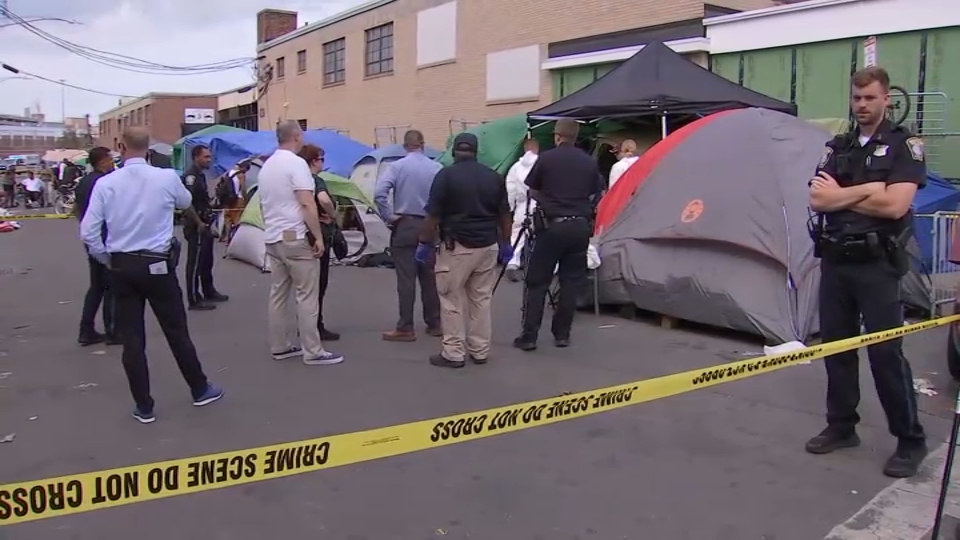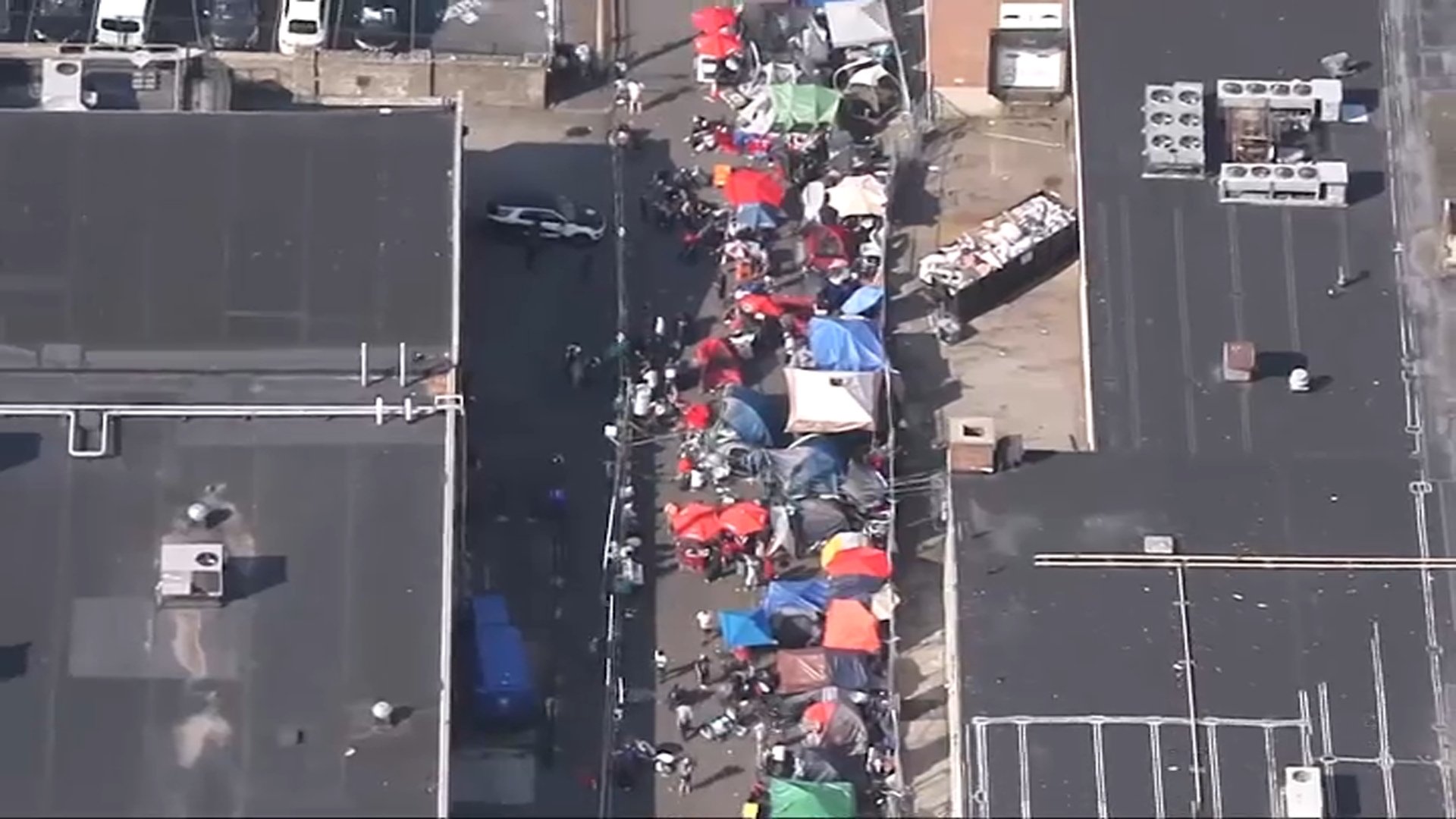Despite repeated attempts to do something about the tents and trauma at Boston's Mass. and Cass area, there seems to be no solution that's working.
"Give these people somewhere to stay so they can get off the streets," said Gwendolyn Jones, who lives at a neighborhood shelter and knows how dangerous the area can be. "It's really scary, they even get high in front of the shelter where I live at."
Boston Mayor Michelle Wu is set to announce her vision for the troubled spot on Wednesday.
Her plan hinges on reopening a drug treatment campus on Long Island, relocating services away from the hustle of the city.
But that's about four years down the road. The bridge to Long Island was dismantled in 2014 for safety reasons.
"It's a very complex issue," said Richard Curcuru, the CEO of Gosnold, which treats about 8,000 psychiatric patients and those with substance use disorder in Massachusetts every year.
"These are ill people who need services," he said. "And they don't just need detox or rehab. They need continuing care. We know that the longer you keep your arms around patients, the better chance of long-term recovery."
He hopes the mayor focuses on increasing housing, long-term services, and hiring the extra staff required to reach those in need.
"I think Mayor Wu and a lot of people have done a remarkable job trying to address this issue," said Curcuru. "Unfortunately with no success."
In June, the U.S. Coast Guard gave a tentative approval to rebuilding the bridge, but the city of Quincy — where the bridge from the island would run — continues to oppose doing so. Members of the Quincy City Council recently sent a letter to members of the state's congressional delegation asking them to intervene.
"Let’s stop fighting about the bridge. Let’s start getting people help. There has to be a plan. There’s no plan. No structured plan of what’s going to be on the island," City Councilor Bill Harris said.



